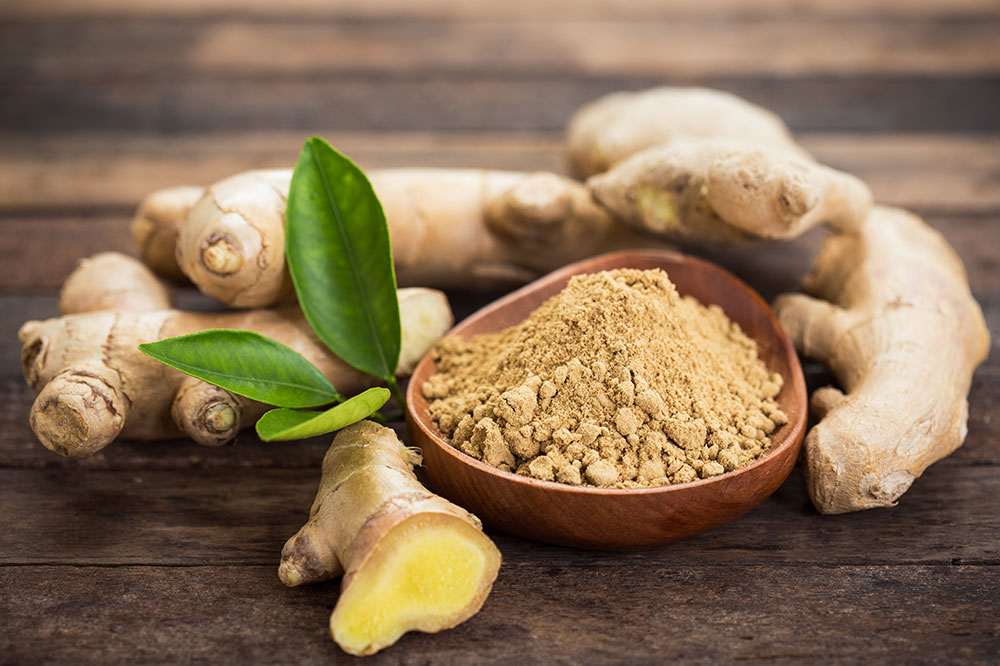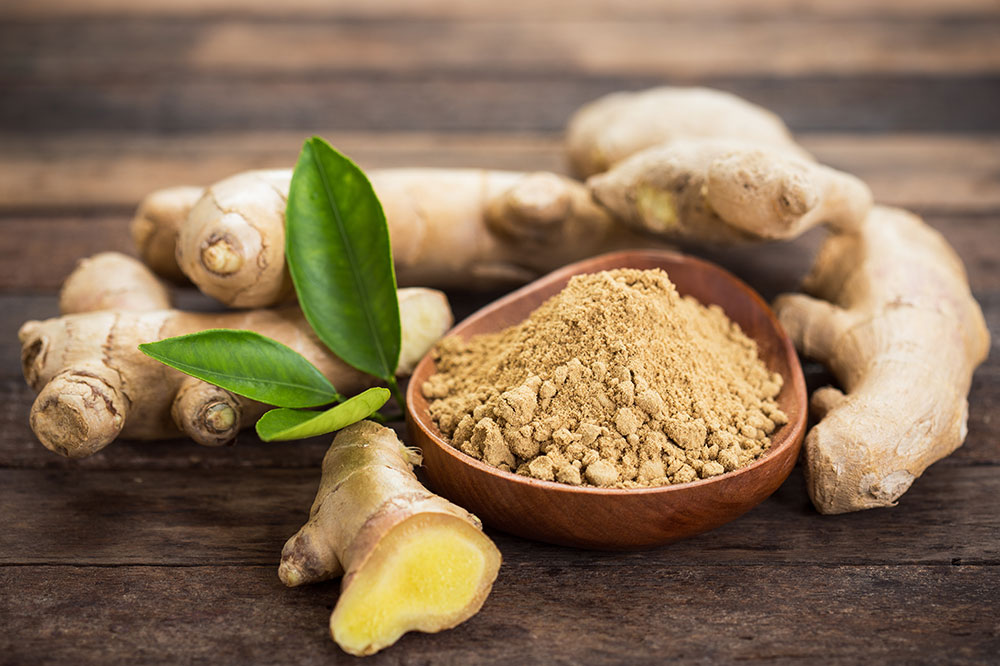Effective Strategies for Managing Asthma Flare-Ups
Discover easy yet effective tips to control asthma flare-ups, including medication options, nutritional advice, lifestyle changes, and preventive strategies. Proper management reduces symptoms and improves quality of life. Always seek professional guidance for personalized treatment plans.

Effective Strategies for Managing Asthma Flare-Ups
Asthma is a persistent respiratory condition characterized by airway inflammation that narrows passageways, often leading to excessive mucus production. Affecting approximately 1 in 13 individuals annually, it currently has no cure. However, proper management can significantly reduce symptoms. Here are practical tips focusing on nutrition, lifestyle modifications, preventive measures, and medication use to control asthma effectively:
Medical Treatments for Asthma
The primary approach involves prescribed medications. Xolair® helps block common allergens that cause symptoms in those unresponsive to inhaled steroids. Nucala® and Fasenra® are biologic options that target internal responses linked to inflammation.
Tezspire™, developed from tezelpelumab, directly targets lung-released signals that cause inflammation and trigger attacks. Zyrtec® is an antihistamine that alleviates allergy symptoms from indoor and outdoor triggers, which can worsen asthma.
Nutrition Tips for Asthma Control
Research suggests vitamins A, C, D, and E can decrease flare-up risks. Foods like salmon and egg yolks are rich in vitamin D, while apples contain selenium, which has anti-inflammatory benefits. Carrots and cantaloupe support lung health due to their vitamin A content. Consuming antioxidant-rich foods such as berries and leafy greens helps protect respiratory cells and maintain healthy lungs.
Lifestyle Adjustments for Better Respiratory Health
Adequate sleep strengthens immunity, reducing infection risks. Regular, moderate exercise improves lung function and reduces inflammation. Managing stress through relaxation techniques, mindfulness, yoga, or meditation can prevent cortisol spikes that may trigger symptoms.
Preventive Measures
To minimize exposure to triggers like smoke, mold, pollen, and pet dander, wear masks and avoid polluted areas. Vaccinations can prevent viral infections that exacerbate asthma symptoms. Taking proactive steps reduces flare-up occurrences.










